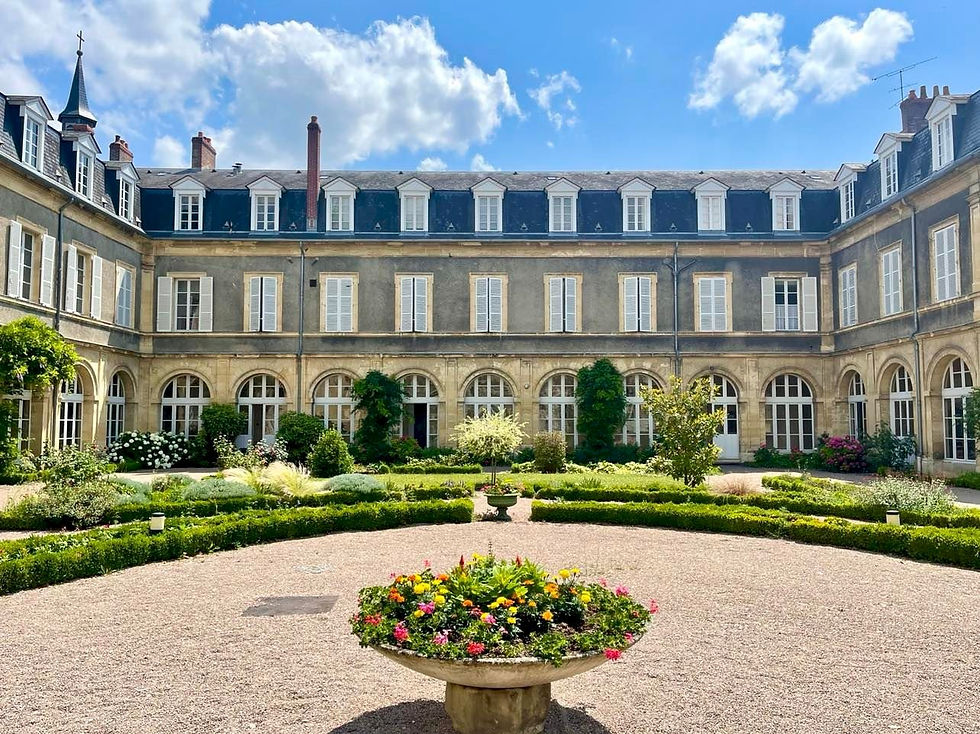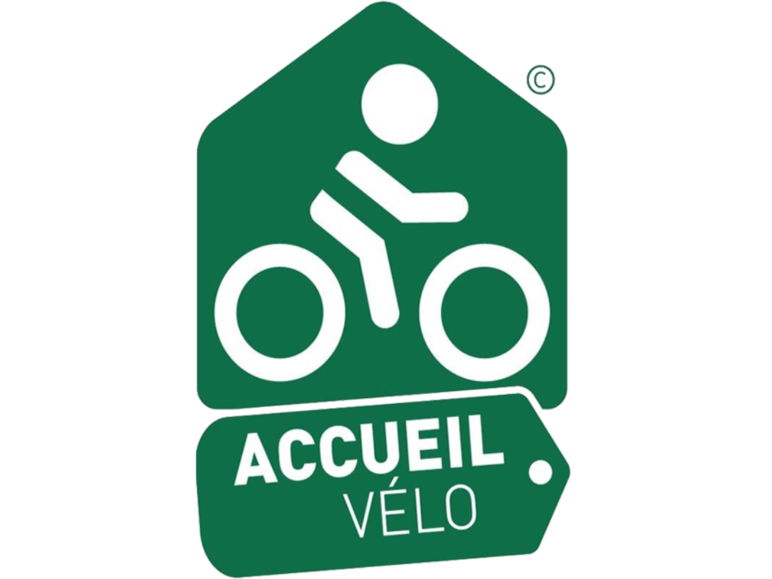Nevers
A beautiful religious heritage
Located 2 hours from Paris and 2.5 hours from Lyon, Nevers is a city of art and history known worldwide for its earthenware, the shimmering stained glass windows of its cathedral, its palace of the Dukes of Burgundy which constitutes the first castle of the Loire. It is also a place of pilgrimage known throughout the Catholic world for housing the remains of Bernadette Soubirous who chose to devote the last years of her short life to serving the poor in the Saint-Gildard convent, far from her native Pyrenees. The Loire which crosses the city and has shaped its urban planning constitutes a pleasant walking route, with its magnificent panorama of the Bec d'Allier, by barge or by bike because Nevers is the starting point of the Loire à Vélo cycle route and is located at the center of EuroVelo 6 which links the Atlantic to the Black Sea. A few kilometers to the south, the Magny-Cours circuit hosts numerous events around automobile and motorcycle racing throughout the year.
Nevers belongs to the national network of cities of art and history with the link and to that of sanctuary cities .

La ville bleue
Nevers Earthenware
Coming from Italy at the invitation of Duke Louis de Gonzague, the first earthenware makers settled in Nevers at the end of the 16th century. Their reputation and success became such that Nevers established itself in the 17th century as the French Capital of Earthenware.
Listening to all the fashions, Nevers will interpret multiple decorations, which make its earthenware surprisingly rich and complex. The famous "Nevers Blue", star of a palette of colors limited by the firing method, will contribute to its fame. If you wish to go further in your discovery of Earthenware, the Museum of Earthenware and Fine Arts is worth a visit as much for its content as for its architecture of former abbey.





Starting point of the Loire by Bike
Well known to cyclists, the EV6 is a starting point for a cycle trip along the Loire towards Nantes or Basel in Switzerland.
The Loire à Vélo © is one of the most popular cycle touring circuits in Europe. The journey begins in Nevers, starting from the Canal de la Jonction, where, for 14 km, you can take the towpath and thus reach Cuffy and its Km 0 – departure of the Loire à Vélo ©.
EuroVelo 6 links Alsace to the Atlantic by successively taking the Rhone-Rhine canal, the Doubs and Saône valleys, the Canal du Centre in Burgundy before joining La Loire à Vélo, the last wild river in Europe which you will follow to its mouth at Saint-Brevin-les-Pins.
Near the majestic Bec d'Allier, the Guétin canal bridge marks this stage of the EuroVelo 6 which leads to Cuffy and La Loire à Vélo. Here the Loire lateral canal serves as a junction between Burgundy and the Loire Valley. It is a charming stage, practically all on greenways, where the city of Nevers offers all the services and a unique setting.
Let's go on an adventure, you will discover the wild Loire but also a rich architectural heritage, all in complete peace of mind thanks to a set of services benefiting from the “Accueil Vélo” brand.
You can also admire this magnificent river by boat https://www.nevers-tourisme.com/explorer/la-loire/balade-en-bateau-sur-la-loire/
Un patrimoine réligieux
Romanesque Church of Saint-Étienne
Romanesque and Cluniac style


Baroque Church of St. Peter
Romanesque and Cluniac style
St. Juliet Cathedral
Gothic style and its contemporary stained glass windows


Bernadette du Banlay Church
Work by Claude Parent
The Saint-Sylvain Chapel
Restored by a couple passionate about contemporary art


The Saint Gildard Convent
World famous among Catholics around the world, the place where Bernadette Soubirous ended her days and where you can discover her life. When you enter the place, you will see a small reconstruction of the Massabielle grotto where many visitors and pilgrims gather, and the chapel in which you can see the "shrine of Saint Bernadette".
The Ducal Palace - Castle
Considered one of the first castles of the Loire, it was the residence of the counts and then the dukes of Nivernais.
The current Château dates from the second half of the 15th century on the initiative of Jean de Clamecy (Count of Nevers), who inherited the county of Nivernais following the death of his father Philippe de Bourgogne. Subsequently, the De Clèves and Gonzague families who succeeded each other at the head of the duchy and participated in the embellishment of the building with in particular the numerous sculptures which adorn the south facade, until giving it an esplanade in 1609 to offer a vast panorama of the Loire.
In 1659, Charles de Gonzague sold the duchy to Mazarin, the Mancini inherited it and kept it until the Revolution. The heiress of the last Duke sold the castle to the municipality and the department in 1810.









